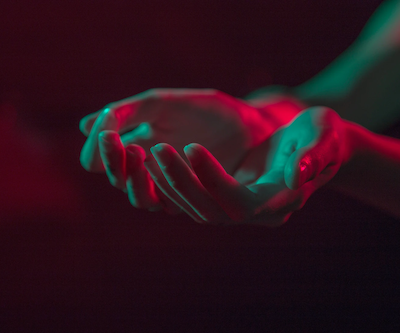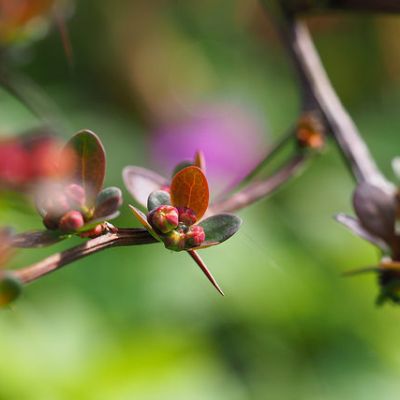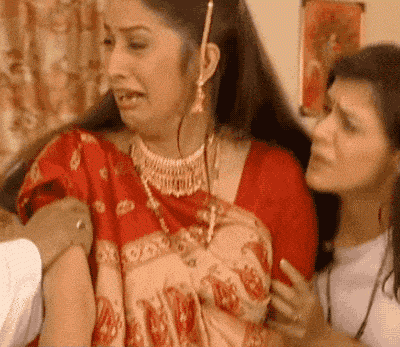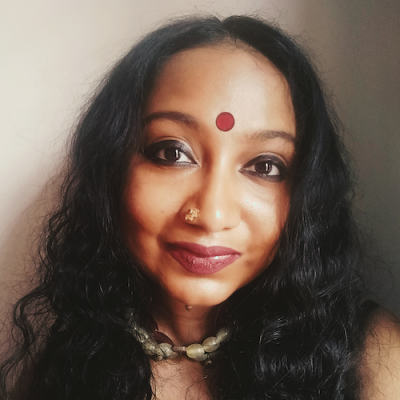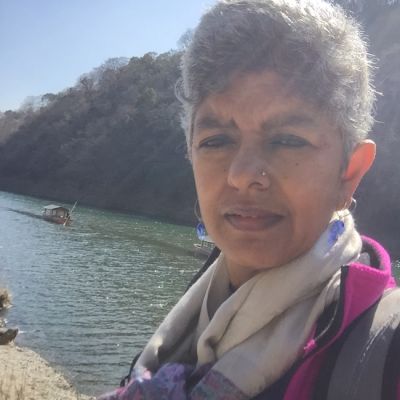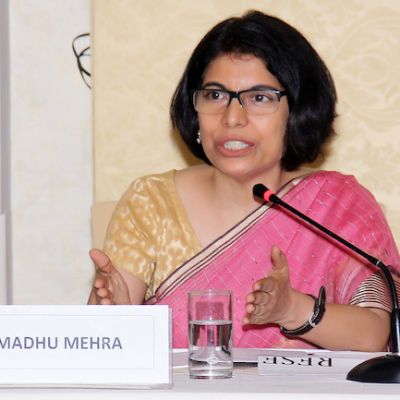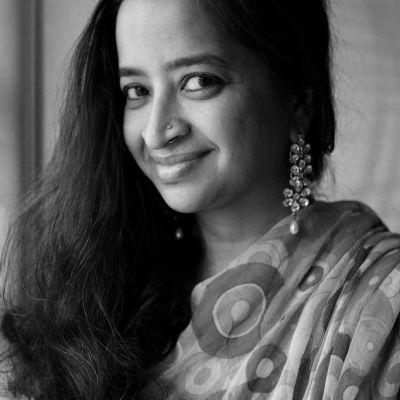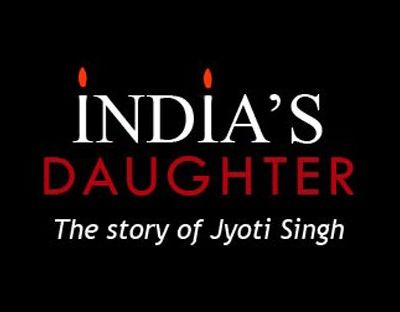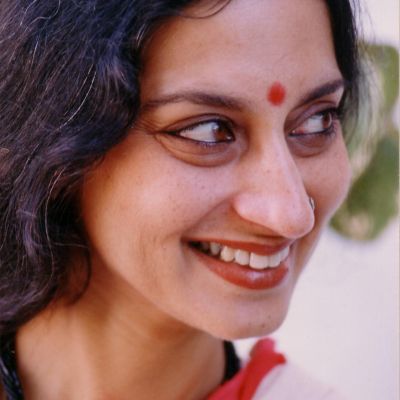patriarchy
This immense pressure to perform masculinity throughout each day and night not only impacts men’s wellbeing, but it also inevitably impacts the way they interact with the world around them. These interactions – this performance of control over oneself and others – reinforce the social norms and norms of power that drive gender inequality.
For a queer person, or for someone who remains single by choice, everyday existence requires strength and will. That is the embodiment of kun faya kun as a personal philosophy: to manifest the person you want to be through sheer will.
In a society that restricts one’s expression of sexuality and perpetuates patriarchal gender norms, there is little room offered for open exploration. With no Comprehensive Sexuality Education (CSE) in schools and no conversation about sexuality with parents, children are ill-equipped to navigate their puberty as adolescents, and dating and relationships as young adults.
Desire is a man’s turf, right up there with moustaches and Adam’s apples / I’m the apple, I am the snake, I am Eve / I am the vibrator nestled between flimsy, cheap lace underwear / I am the shame, of saying I came
My hair smells like jasmine / From the wedding I went to last night / When I tethered my untameable hair with flowers,
The discursive power vested in audio-visual media can prove to be emancipatory if it seeks to re-write the scripts of love, to expand it to include various subjectivities, disturb the patriarchal gendered dynamics that it is based on by introducing a story that allows the audience to imagine it in various different ways.
If you are true to yourself, and attuned to your emotions and needs, you’ll invariably find that even a core belief (such as: not believing in the institution of marriage) is complicated by what the lived experience of that means (not only discriminatory experiences, but also intimate ones).
Sexuality and self-care are related at many levels, right from the level of knowing what you want and what you don’t, how you feel about yourself, how you are able to communicate your desires and how you are able to enjoy your experiences.
Feminist, activist, writer, counsellor and trainer, Nandini Rao, focuses on issues of gender-based violence and discrimination, sexuality and disability and on incest and child sexual abuse.
In this issue of In Plainspeak, we interview Madhu Mehra, lawyer and feminist activist. She is a founding member and the Executive Director of Partners for Law in Development (PLD), a legal resource group on women’s rights.
It is true though that ageing has brought home realities about my body that I ignored when I was younger. It has made me mindful of what I value, and what I choose to let go of, without too much of thought or unnecessary angst.
I was watching something recently that said it was a bad thing to be vulnerable, but I don’t think it is a bad thing. I do see that there is a certain amount of power in vulnerability, it also needs courage, in my experience.
I think that the level of power that law makers, opinion builders and stakeholders wield over the more vulnerable and younger people in society is enormous. Yet, these actors have chosen to focus only on building a policy regime of sexual violence, even to the extent of allowing juvenile offenders to be treated as adult accused – without any corresponding effort to build a sex positive culture within which they may exercise agency.
Two weeks before India’s Daughter made it to the headlines, I came across this new pledge for Delhi school kids,…
Sheema Kermani is a cultural activist, theatre practitioner, theatre director and a known Pakistani exponent of Indian classical dance. She had studied Bharatanatyam…


